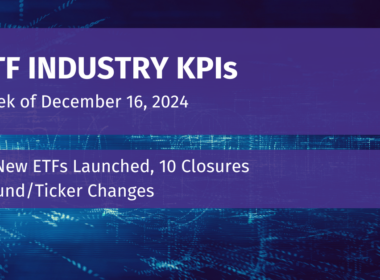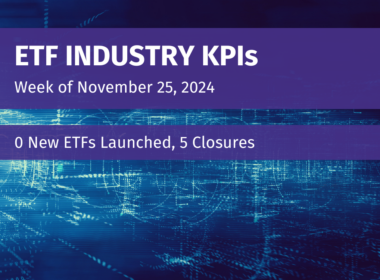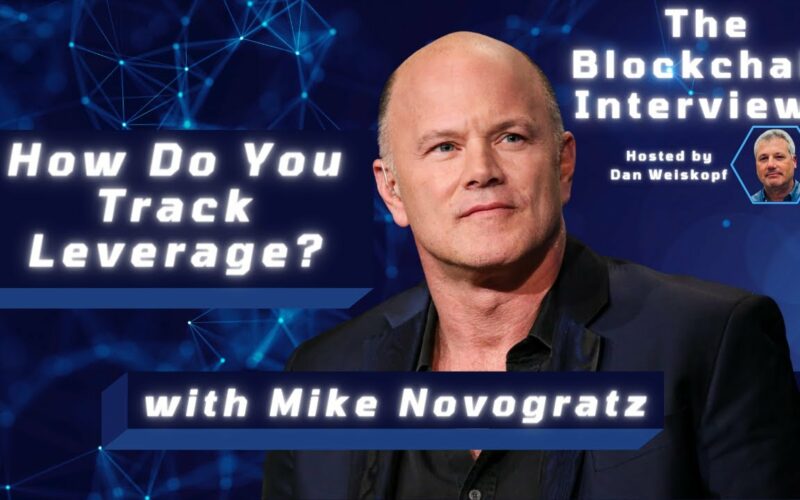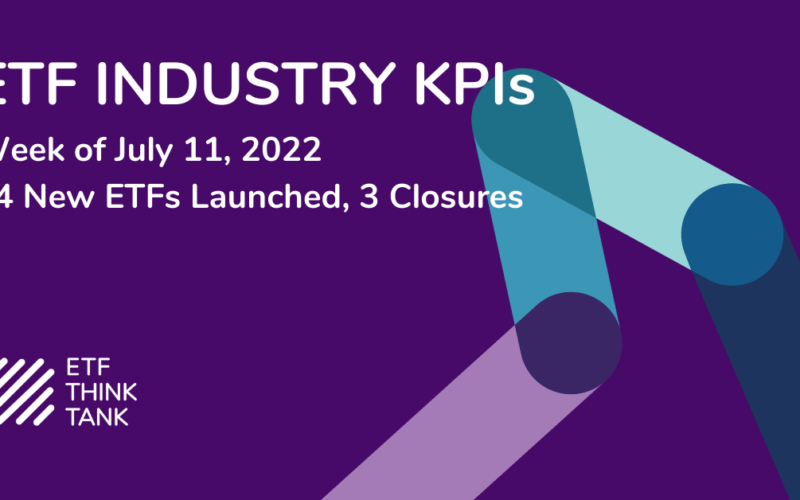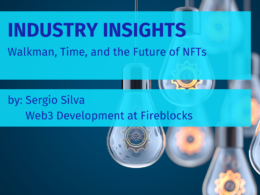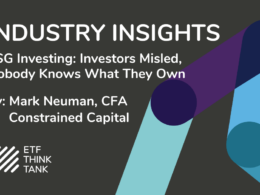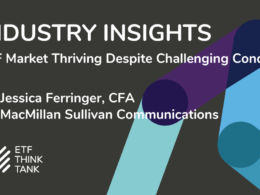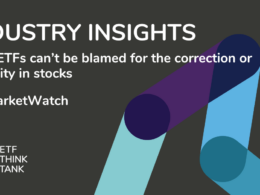his content is shared by MacMillan Sullivan Communications
Market performance within the first half of the year challenged many of the traditional principles around portfolio management. As inflation became a growing concern for investors and central banks around the world, the drawdown in the stock market that caused equity indexes to fall by nearly 20% or more was not at all blunted by fixed income. Instead, bond ETFs saw their worst drawdowns on record.
The iShares Core U.S. Aggregate Bond ETF (AGG), the largest bond ETF at $81 billion in AUM, fell by over 10% in the first half of the year. Longer-duration ETFs such as the $20 billion iShares 20+ Year Treasury Bond ETF (TLT) fell even more than the S&P 500, dropping by 21.9% through the end of June.
And though inflation was one of the main factors causing pain for the bond markets, not even inflation-protected bond ETFs were safe. The iShares TIPS Bond ETF (TIP) fell by over 9% through the end of June, outperforming AGG by just 1.1%
This simultaneous drawdown in equities and fixed income have encouraged those who have been sounding the death knell for the traditional 60/40 portfolio. And, indeed, some investors seem to have lost sight of the purpose of fixed income within a portfolio.
A recent Trackinsight survey of professional investors found that a growing share of respondents do not have exposure to fixed income ETFs. Further, the majority of respondents expect to either maintain or reduce their bond ETF allocations over the next 12 months.
But with recession risks growing (and some saying that we are already in one), is moving on from fixed income really the right thing to do? Unless this shift in allocation is tied to a change in risk tolerance, those who have replaced their bonds with something else might be in for a rude awakening.
Searching For Income
Dividend ETFs are one area that has been popular this year. ETFs such as the Vanguard Dividend Appreciation ETF (VIG), Schwab U.S. Dividend Equity ETF (SCHD), Vanguard High Dividend Yield ETF (VYM), and iShares Core Dividend Growth ETF (DGRO) have all taken in billions in net inflows this year.
While there are several factors that have played into the recent popularity of these ETFs, income-focused investors may have turned to these dividend-focused funds precisely due to the inflation concerns that have weighed on the fixed income markets. Dividend ETFs, particularly those who focus on companies that are growing dividends over time, have the potential to do well in inflationary markets.
While dividend ETFs aren’t the worst place to be in a recession due to a tendency to hold higher-quality names, it is important for investors to remember that these are equities, not fixed income. Their potential for loss is greater than that of bonds, particularly in a recession that will place downward pressure on equity valuations as well as longer-term yields.
Removing Duration Risk
Some investors who have decided to stick with fixed income ETFs have taken duration risk almost entirely off the table by flocking to ultrashort duration fixed income ETFs. Funds such as the BlackRock Ultra Short-Term Bond ETF (ICSH), the JPMorgan Ultra-Short Income ETF (JPST), and the Vanguard Ultra-Short Bond ETF (VUSB) have seen strong inflows this year.
And so far, investors who have done so have been rewarded. Compared to more traditional bond allocations like AGG, these funds have fared well in terms of YTD performance, with VUSB’s -1.2% drop being the worst of the bunch.
But while ultrashort ETFs like these have offered protection from the interest rate risk that has roiled longer duration bond ETFs, investors have taken on another risk entirely. Returns for these ETFs, even in a falling rate environment, are likely to be minimal – and when considered in context with inflation, these investments are losing money in real terms and likely will for some time to come.
No Such Thing As A Free Lunch
When markets are volatile, it is easy to forget the big picture, to think recent past performance is indicative of future results even though we all know it isn’t. But if a recession is on the horizon, fixed income could become a compelling place to be once again as it becomes less likely that yields will rise much higher or could even fall.
If that turns out to be the case, those who have chosen to move away from a traditional fixed income allocation could be caught off guard. As the saying goes, there is no such thing as a free lunch. When you reduce one risk, you often take on another.
While there is merit to tactically shifting portfolios in reaction to the market environment, it is important to know how your risk exposure has shifted and what this could mean for your portfolio’s performance moving ahead.
Disclosure
All investments involve risk, including possible loss of principal.
This material is provided for informational purposes only and should not be considered an individualized recommendation or personalized investment advice. The investment strategies mentioned may not be suitable for everyone. Each investor needs to review an investment strategy for his or her own particular situation before making any investment decision.
All expressions of opinion are subject to change without notice in reaction to shifting market conditions. Data contained herein from third party providers is obtained from what are considered reliable sources. However, its accuracy, completeness or reliability cannot be guaranteed.
Examples provided are for illustrative purposes only and not intended to be reflective of results you can expect to achieve.
The value of investments and the income from them can go down as well as up and investors may not get back the amounts originally invested, and can be affected by changes in interest rates, in exchange rates, general market conditions, political, social and economic developments and other variable factors. Investment involves risks including but not limited to, possible delays in payments and loss of income or capital. Neither Toroso nor any of its affiliates guarantees any rate of return or the return of capital invested. This commentary material is available for informational purposes only and nothing herein constitutes an offer to sell or a solicitation of an offer to buy any security and nothing herein should be construed as such. All investment strategies and investments involve risk of loss, including the possible loss of all amounts invested, and nothing herein should be construed as a guarantee of any specific outcome or profit. While we have gathered the information presented herein from sources that we believe to be reliable, we cannot guarantee the accuracy or completeness of the information presented and the information presented should not be relied upon as such. Any opinions expressed herein are our opinions and are current only as of the date of distribution, and are subject to change without notice. We disclaim any obligation to provide revised opinions in the event of changed circumstances.
The information in this material is confidential and proprietary and may not be used other than by the intended user. Neither Toroso or its affiliates or any of their officers or employees of Toroso accepts any liability whatsoever for any loss arising from any use of this material or its contents. This material may not be reproduced, distributed or published without prior written permission from Toroso. Distribution of this material may be restricted in certain jurisdictions. Any persons coming into possession of this material should seek advice for details of and observe such restrictions (if any).


